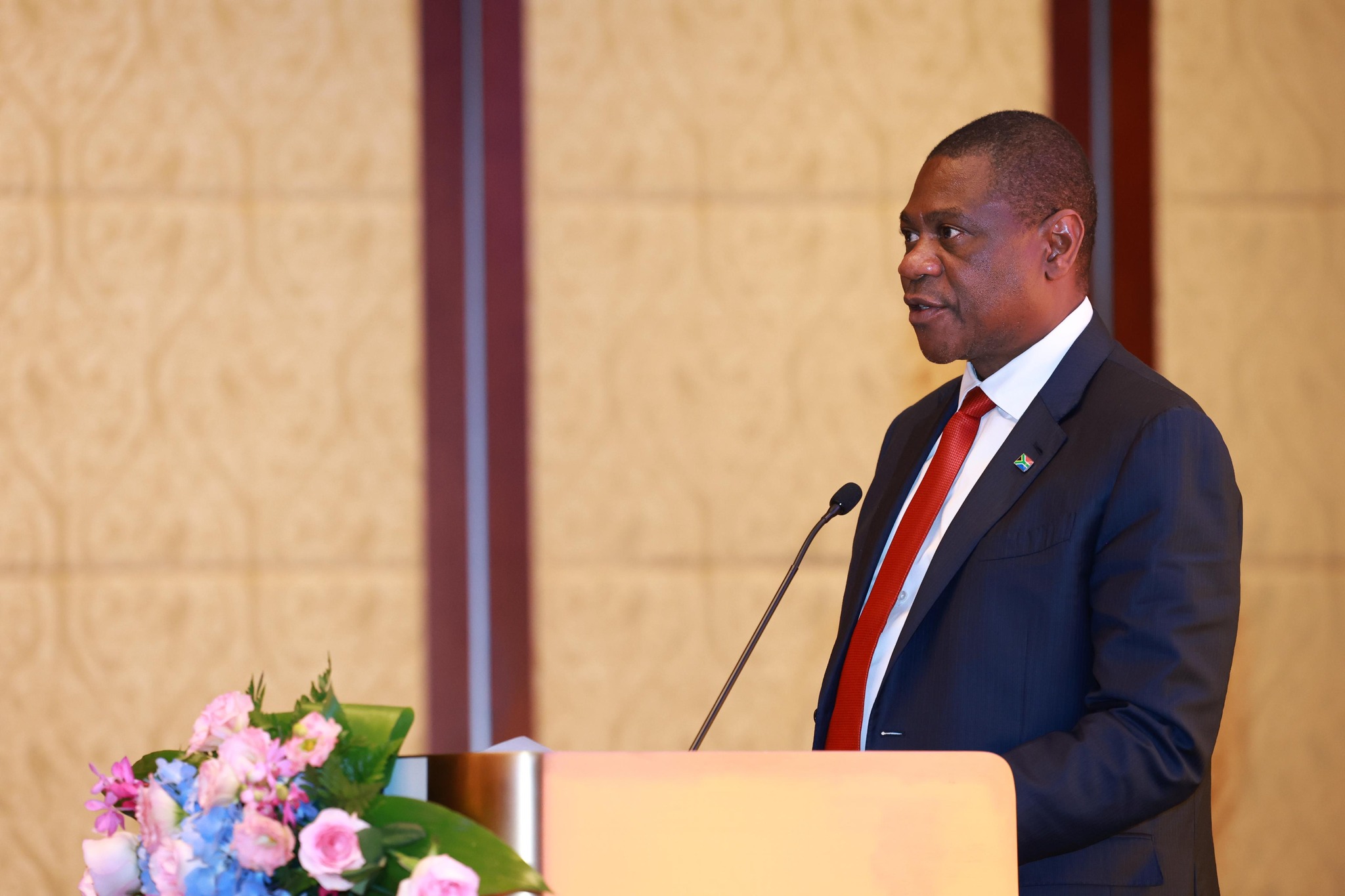Mashatile Moves to Expedite GNU Clearing House Amid Delays, Reinforces Unity
The GNU was established in 2024 under President Cyril Ramaphosa to promote inclusive governance and cooperation between diverse political parties following the general elections.

- Country:
- South Africa
Deputy President Paul Mashatile has reaffirmed that South Africa’s Government of National Unity (GNU) remains united and fully committed to its founding mission, despite slow progress in finalising its governance framework. Speaking after chairing a virtual meeting of the GNU Clearing House Mechanism on Friday, 19 September 2025, Mashatile said the platform continues to provide a critical space for dialogue and consensus-building among the 10 parties that make up the GNU.
GNU Still Intact Despite Policy Tensions
The GNU was established in 2024 under President Cyril Ramaphosa to promote inclusive governance and cooperation between diverse political parties following the general elections. To prevent deadlock on contentious issues, the President created the GNU Clearing House Mechanism and tasked Deputy President Mashatile with leading it.
Mashatile reiterated that the GNU’s collective goals remain unchanged: inclusive growth, job creation, poverty reduction, and tackling the country’s persistently high unemployment rate. “The GNU is still intact and committed to the shared objectives of its members. Our mission is to deliver on the promises made to the people of South Africa,” he stressed.
Progress on Draft Terms of Reference
At the September meeting, the Clearing House reviewed written submissions on the draft terms of reference provided by the Good Party, Al Jama-Ah, and the Democratic Alliance (DA). This review followed an earlier resolution adopted at the March 2025 Clearing House meeting, which required parties to submit inputs to shape the framework guiding the mechanism’s role and authority.
While this represents progress, Mashatile voiced concern over how long the process has taken. “The Deputy President raised his concern about the time that the Clearing House has taken to finalise the matter,” the Presidency noted in a statement.
Task Team to Accelerate Process
To prevent further delays, Mashatile announced the establishment of a dedicated task team to fast-track the review and finalisation of the draft terms of reference. This team will report back to the Clearing House within two weeks.
The task team will be led by Deputy Minister of Justice and Constitutional Development, Andries Nel. It will also include key representatives from across the political spectrum: Thomas Walters of the DA, Makashule Gana of Rise Mzansi, and Apa Pooe of the Pan Africanist Congress of Azania (PAC). Their inclusion reflects the GNU’s commitment to balanced representation and collaborative decision-making.
Reinforcing Unity Amid Challenges
The GNU Clearing House has been a crucial tool for managing policy disagreements and ensuring smooth cooperation among member parties. With 10 parties represented—including the ANC, DA, IFP, EFF, and smaller political movements—the mechanism is essential in avoiding gridlock that could undermine service delivery.
Observers note that the GNU has faced challenges in reconciling diverse ideological positions, particularly on economic reforms, energy policy, and governance structures. However, the creation of the Clearing House was meant to institutionalise a process for resolving disputes without destabilising the unity government.
A Test of Coalition Governance
Mashatile’s intervention underscores the importance of coalition stability in South Africa’s evolving political landscape. By prioritising efficiency and inclusivity, the Deputy President is seeking to build trust within the GNU and maintain public confidence in the government’s ability to function effectively.
The accelerated review of the terms of reference is expected to strengthen the Clearing House’s mandate and ensure it continues to serve as a credible forum for constructive engagement.
As Mashatile made clear, the GNU’s strength lies in its ability to turn political diversity into an advantage: “Through cooperation, compromise, and shared responsibility, we can meet the needs of South Africans and drive the nation forward.”










